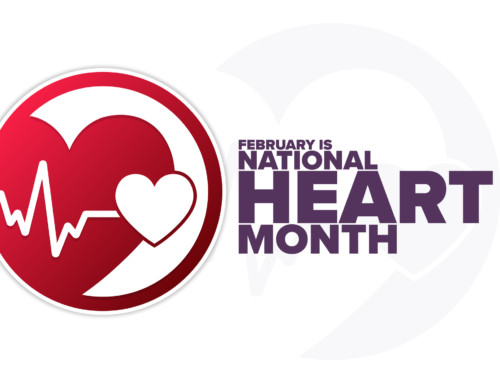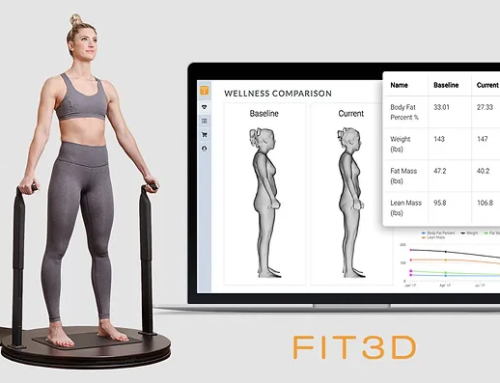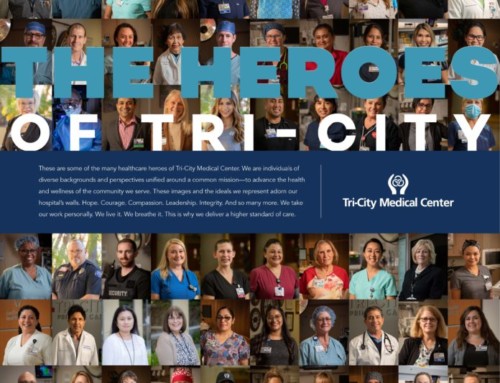 You already know that looking after your heart allows you to enjoy better cardiovascular health, but now it seems you could be doing your brain a favor for the future, too.
You already know that looking after your heart allows you to enjoy better cardiovascular health, but now it seems you could be doing your brain a favor for the future, too.
Recent studies have found evidence that heart health is linked to brain health – and the sooner you start looking after your heart, the better the benefits to your brain in the long-run. But just what is the connection between these two parts of the body, and how can you ensure their optimal functioning throughout your life? Read on to learn more.
A Healthy Heart Equals a Bigger Brain
A 2017 study that appeared in the journal Neurology has shown that caring for your heart in your 20s could lead to better brain health in middle age.
To test this theory, 518 people were monitored for 30 years. Their heart-health measurements were taken at the beginning of the study when they were in their 20s, with follow-up tests every 2 to 5 years and a brain scan after 25 years.
Researchers found that the larger a participant’s brain volume, the better their heart health. Those who had a large brain volume relative to the size of their head when the study started maintained a higher volume later down the line. What’s more, brain shrinkage was linked to lower cognitive function scores and an increased risk of stroke among the middle-aged participants.
But if you’ve passed your 20s that doesn’t mean there’s nothing you can do to improve your heart and brain health.
A Risk to Your Heart Is a Risk to Your Brain
JAMA research, also published in 2017, discovered that middle-aged people who were at risk of having a stroke or a heart attack were more likely to develop the changes to the brain that cause Alzheimer’s Disease.
A group of 346 people in their 50s without any kind of dementia was assessed for cardiovascular issues. After nearly 25 years, these same participants received a brain scan and the results were significant – 61% of the participants who had at least 2 cardiovascular risks in middle age had developed amyloid protein fragments, which are linked to Alzheimer’s Disease.
Although these brain changes do not necessarily lead to Alzheimer’s Disease, this study does suggest that it’s never too late to look after your heart if you want to change the future of your brain health.
Keeping Your Heart and Brain Healthy
After reading about the results of this revelationary research, you’re probably wondering how can you boost your heart health as well as your brain health.
It’s simple. Actually, it’s the American Heart Association’s list of heart-healthy factors, Life’s Simple 7. These recommendations were used by the scientists behind the Neurology study to evaluate the heart health of their participants when they were in their 20s. For every point participants missed from Life’s Simple 7, they presented with one year of age-related brain shrinkage in their brain scans.
Because following these measures can clearly lead to better heart and brain health, it’s a great idea to start working toward them today. On top of talking to your doctor, here’s a handy rundown of all 7 points:
1. Quit Smoking
If you smoke you have a higher risk of developing cardiovascular diseases which, as we now know, can also affect your brain health. Put out that cigarette once and for all.
2. Get More Exercise
Plenty of physical activity strengthens your heart, lowers your blood pressure, and improves your overall fitness. Aim for at least 150 minutes of moderate exercise each week.
3. Lose Weight
By losing excess weight you remove unnecessary strain on your heart and blood vessels. Exercising regularly could help you maintain a healthy weight.
4. Improve Your Diet
A heart-healthy diet upgrades wholesome products from all the food groups and limits ingredients that negatively affect your heart without offering any nutritional value.
5. Reduce Your Blood Sugar Level
Lower the amount of sugar you consume as part of a heart-healthy diet. Our bodies turn most of what we eat into blood sugar (glucose) to use for energy, but too much strains the heart.
6. Control Your Cholesterol
A heart-healthy diet can also go a long way in keeping down dangerous cholesterol levels, which can lead to clogged arteries, heart disease, and stroke.
7. Manage Your Blood Pressure
High blood pressure puts you at risk of heart disease and stroke because of the strain on your heart and arteries. Following the other 6 measures can also help lower your blood pressure.
Schedule a cardiovascular screening today at Tri-City Medical Center to learn more about your heart health and how it can impact your life in the future.





